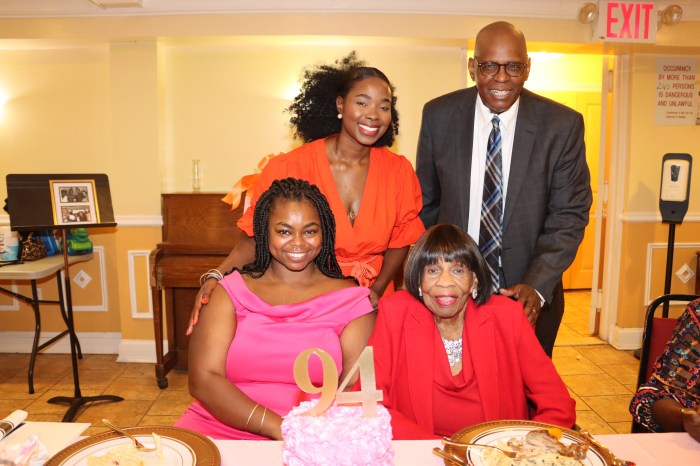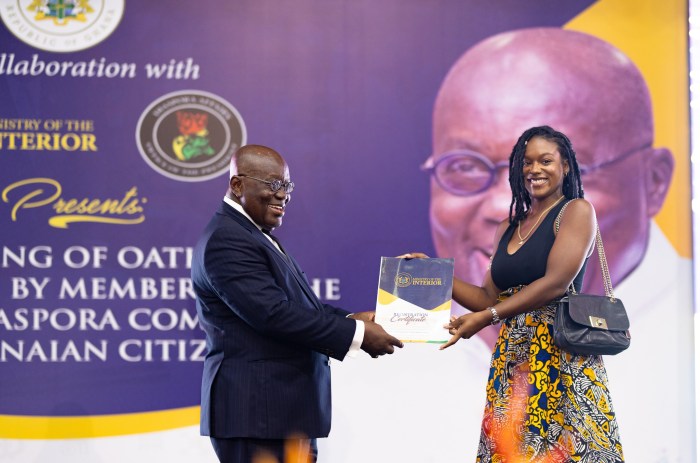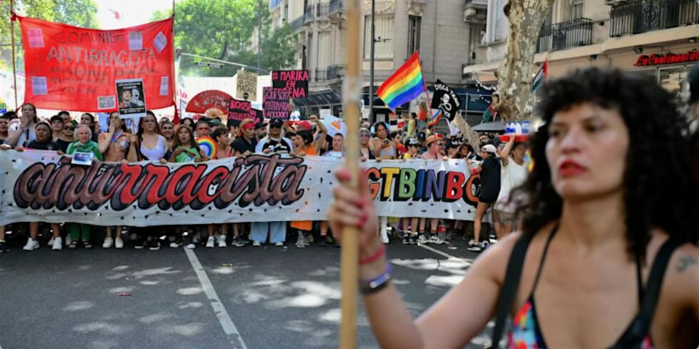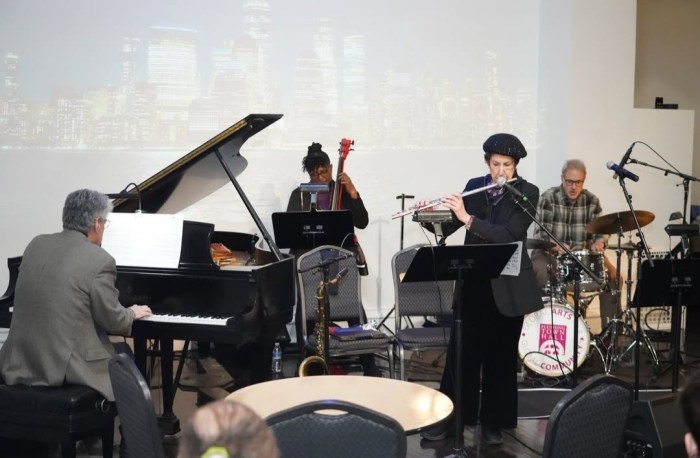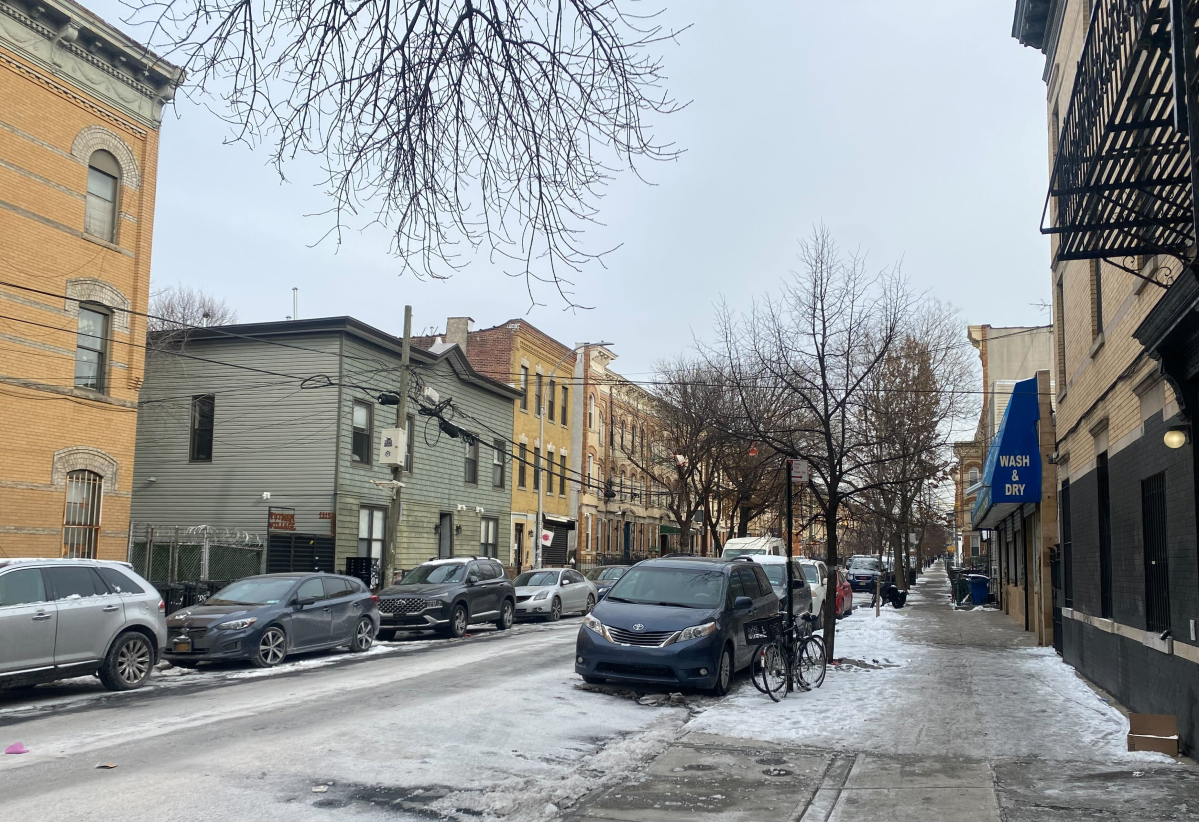The most striking thing in checking out Laurent Gbagbo, whose determined effort to illegally hold on to power in Ivory Coast was violently terminated recently, is how much his profile gainsays the view of him the world got following the country’s presidential election last November. Routine references to Gbagbo with terms like “strongman” would tend to conjure up an Idi Amin type coarseness, perhaps. Not so, this man Gbagbo, whose background as a history professor lends a surreal cast to what went down after he lost at the polls.
The constitutional authority in Ivory Coast duly empowered to render official word on the election outcome declared Gbagbo’s opponent, Alassane Ouattara, to be the winner with some 54 percent of the vote. Aligning themselves with that judgment were election observers, the U.N., the European Union, and significantly, both the African Union and the Economic Community of West African States. Which is to say, a pretty solid outpouring of world opinion found no substance in Gbagbo’s claim that the election results were fraudulent (what else is new?) and he should continue on as president.
How does a fellow in whom one would instinctively presume the measured temperament of history professor sorts, opt not to accept the expressed will of an electorate, but commit to violent struggle to retain control? In trying to get a handle on what on its face seems quite enigmatic, one finds allusions aplenty to the heavy stock Gbagbo has reposed in what is reportedly a deep-seated and always unabashedly avowed Christian faith. Which of course only adds to our puzzlement. But the sectarian breakdown in Ivory Coast, we learn, has Gbagbo with a power base in the country’s Christian south and Ouattara with strong support in the mostly Muslim north. And along the way of Gbagbo’s obstinate refusal to relinquish the reins of power, reports frequently noted a contention on his part of having been divinely instructed to stay put.
In the face of the weight of world opinion that he was unlawfully obstructing the transition to a new administration, perhaps a stance that word directly communicated by the Almighty was his motivation, became a recourse ascribing rationale for the ugliness to Gbagbo and those who continued to be his supporters. And maybe not all that shockingly, the Christian angle found resonance on American soil as well, won’t you know. Not in the official U.S. government position, which mirrored all those others in the world community standing up for lawful process, but from a few of the usual suspects. The New York Times cited three crusaders for whom the Ivory Coast election results apparently meant zilch: Sen. James Inhofe, Republican of Oklahoma; Pat Robertson; and Glenn Beck. Robertson, in fact (again, what else is new?) made no secret of his revulsion over the prospect of Ouattara, a Muslim, assuming leadership of the country(Robertson having previously treated us to his broad-brush indictment of the Muslim world).
All of that political and/or religious games-playing aside, however, what became cold reality was the cost, human and otherwise, of Gbagbo’s willful intransigence. Late in March, roughly a couple of weeks before French helicopter bombing attacks helped to smoke Gbagbo out from his bunker in Abidjan, a U.N. source gave the death toll from the presidential succession unrest as more than 460. There were claims being made of atrocities committed on both sides, Gbagbo’s and Ouattara’s. But clearly the spark for all the unnecessary mayhem was Gbagbo’s maniacal insistence that there was something redeemable in the abhorrent position he had assumed. Beyond such needless carnage, a further 800,000 persons were reported displaced. Not to mention the country’s economy in shambles, including a banking system pretty much ground to a halt.
Pray tell, where does a reputedly sophisticated man of letters get off visiting misery like that on his own people, compounding the savagery with nonsense about doing God’s will? Or maybe that flattering assessment of Gbagbo ought be dispensed with, in favor of the comment of one American university professor quoted in the Times: “Those few evangelicals who do know who Gbagbo is think he’s a ruthless crook.”
A few years ago when we suggested here that Zimbabwe’s Robert Mugabe had outlived his usefulness and needed to exit the stage, one guy who very well might have been expressing a more broadly held view, took exception. It was all about some perceived obligation we have to leave the African brother be…come what may. What malarkey! There’s really nothing to be proud of in advocating a purely ethnicity-driven absolution for despicable conduct on the part of so-called leaders. When the “brothers” are found wanting, when they abuse the mandate of high office to act with a certain propriety, they should face being tarred and feathered like any other abuser of privilege.
Even discounting whatever, by way of transgressions before last November, might be justifiably laid at his door, Laurent Gbagbo’s behavior following his election defeat was altogether disgraceful. That some, even in these parts, have sought to excuse his actions on those specious grounds, is but the kind of distraction we have come to expect from those all-too-familiar sources. Gbagbo, God-fearing or not, should be made to pay in full measure for what he perpetrated on his countrymen.


